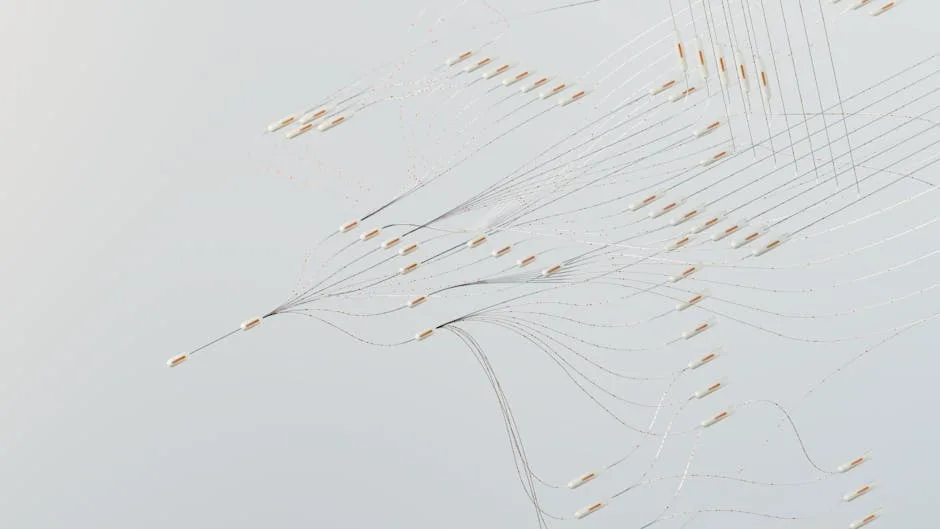
The BBC has issued a cease-and-desist letter to AI startup Perplexity, marking its first legal action against alleged unauthorized scraping of its content for AI training. The broadcaster claims Perplexity reproduced BBC articles verbatim and displayed links to its content without permission, potentially undermining its revenue streams. This escalation reflects growing tensions between media organizations and AI firms over intellectual property rights in the age of generative AI.
Legal and Technical Allegations
The BBC’s legal team asserts that Perplexity’s AI models systematically scraped copyrighted content from BBC websites, including news articles and multimedia. Forensic analysis reportedly identified exact reproductions of BBC material in Perplexity’s outputs, with no attribution or licensing agreements. The broadcaster recently registered copyright for its US website, enabling statutory damages claims under US law. Technical experts note that such scraping typically involves automated web crawlers bypassing paywalls or access controls, though the BBC has not disclosed specific technical evidence.
Industry-Wide Implications
This case parallels similar disputes involving major publishers like The New York Times, Forbes, and Wired. The Financial Times and Axel Springer have opted for licensing deals with OpenAI, while others pursue litigation. UK Culture Secretary Lisa Nandy has pledged to strengthen protections for creative industries against AI exploitation. Media organizations are increasingly implementing technical countermeasures against scraping, including:
- Enhanced bot detection systems
- Dynamic paywall architectures
- Legal copyright registrations in key jurisdictions
Technical and Security Considerations
For security professionals, this case highlights several key issues. The methods used to scrape protected content often involve circumventing access controls, which may violate computer misuse laws. Organizations defending against unauthorized scraping should consider:
| Defensive Measure | Implementation |
|---|---|
| Rate Limiting | Implement request throttling by IP/user-agent |
| Behavioral Analysis | Detect scraping patterns in traffic logs |
| Legal Watermarking | Embed detectable markers in digital content |
“Perplexity’s tool competes with our services, circumventing the need for users to access BBC platforms,” stated the BBC in its legal filing.
Conclusion
This legal action signals a hardening stance by content providers against unauthorized AI training practices. As regulatory frameworks evolve, organizations must balance technical protections with legal strategies. The outcome may set precedents for how copyright law applies to AI development, with significant implications for both media and technology sectors.
References
- “BBC threatens legal action against AI startup over content scraping”, The Guardian, 2025.
- “BBC takes legal action against Perplexity AI”, Financial Times, 2025.
- “BBC escalates AI copyright battle”, Arab News, 2025.
- “BBC threatens legal action against AI startup Perplexity”, Reuters, 2025.
- “BBC legal move against AI firm”, Deccan Herald, 2025.
- “BBC-Perplexity legal dispute”, NewsBytes, 2025.
- “BBC legal threat to Perplexity”, Investing.com, 2025.




